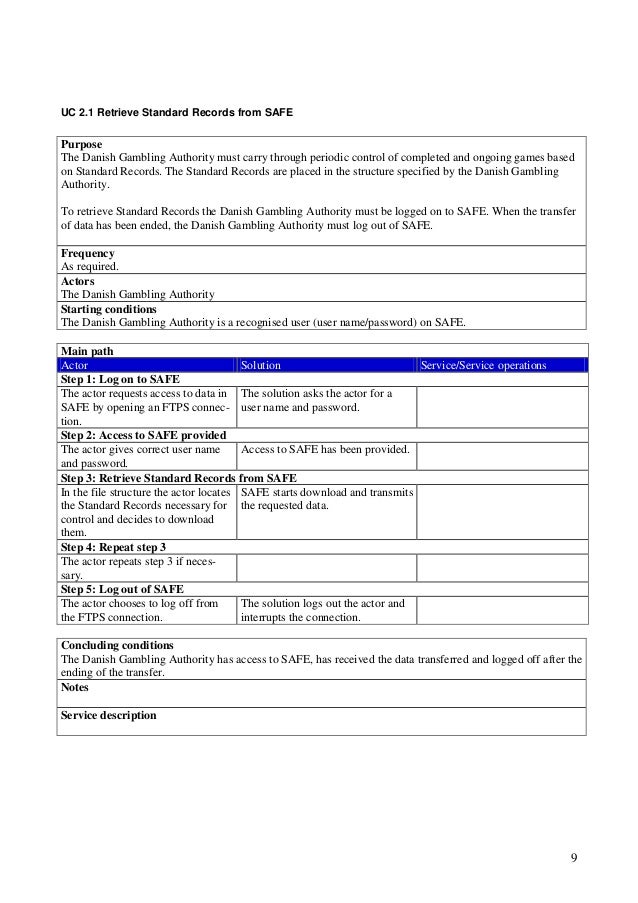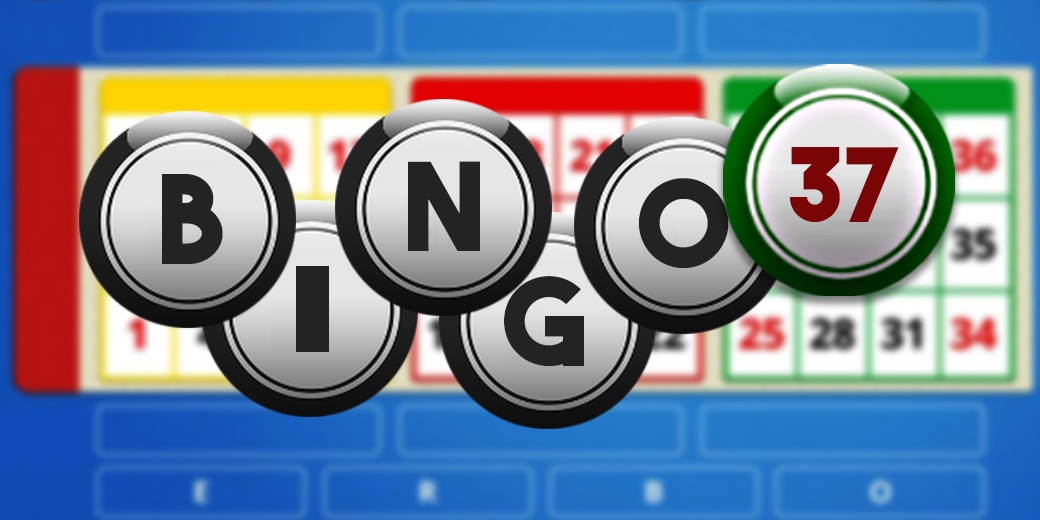Danish Gambling Authority
The Danish Gambling Authority. The Danish Gambling Authority (Spillemyndigheden) is a government-run organisation which oversees the casino and sports betting industry in Denmark. They are responsible for issuing gambling licences and helping to regulate all online and offline casinos as well as bookmakers based in the country. Danish Gambling Authority. The major licensing activities that are related to gambling operations in Denmark are under the control of the state-owned entity known as DanskeSpil, which has been in operation since 1948. Danish Gambling Authority licensed online casino sites. Starting this (October) month the Danish Gambling Authority will operate on a restructured basis with four offices distinguished by gambling category titled respectively “Lottery and Monopoly”, “Remote Gambling”, “Slot Machines and Responsible Gambling” and “Finance, Policy and Market Analysis.”.
1. An overview of the Danish Gaming Act
The bill was part of an agreement between the Government (at that time it consisted of the Left political party and the Conservative People's Party) and the remaining political parties. During the negotiation of the bill, the Minister of Culture proposed introducing a law concerning the distribution of profits from gambling. The Minister of Finance also proposed a law concerning Danske Spil A/S. These proposals are all combined within the current gambling law.
The aim of the law is to undertake partial liberalization and modernization of the Danish gaming market. This means that licenses for the provision of betting and online casino can be achieved with a more permissive approach. The law also aims at maintaining the consumption of gaming services at a moderate level; to protect young people and other vulnerable persons from being exploited through gaming or developing a gaming addiction; to protect players by ensuring that gaming is provided in a fair, responsible and transparent manner; to ensure public order; and to prevent gaming as a means to support crime.
There must be a clear distinction between the monopolized games and the liberalized games, in order to secure the continuous provision of lottery by Danske Spil, Klasselotteriet and non-profit organizations. In this way, betting and online casino can and will be provided in a controlled and free competitive market by commercial game providers who have achieved the adequate Danish gaming provision license. However, the provision of dog or horseracing is solely reserved for Danske Spil. These races may only be organized as pool betting races.
The Danish gambling legislation unifies and simplifies the rules for the regulation and supervision of games under the authority of the Danish Ministry of Taxation. The Danish Gambling Authority, which is placed within the Danish Ministry of Taxation, is responsible for the administration and granting of licenses as well as the monitoring of the Danish gaming Market. The bill establishes safeguards against illegal game providers including preventive measures such as: payment blockage; Internet disruption; and maintaining the current ban on advertising.
The bill was adopted on 4 June 2010. The Danish Gaming Law entered into force on 1 January 2012.
1.1. Advertising
The Danish rules regarding advertising of gaming (land-based and online) are divided into two categories:
1.the general advertising rules that apply to all marketing
2.a specific set of rules that apply to gaming alone

The Danish marketing legislation is contained in the Danish Marketing Practices Law.
The provision of games is considered a sensitive area where aggressive marketing of gaming products may result in excessive consumption and (increased) dependency on gaming. With this in mind, it has therefore been necessary to impose limits on the marketing of games that go beyond the limits imposed by the provisions of the Danish Marketing Practices Law.
The Danish Gambling Authority has published a guide on the marketing of bonus offers by the provision of betting and online casino.
The Danish Gambling Authority has also published a guide in relation to the use of sales promotion measures when providing betting and online casino.

Advertising illegal gaming is considered a criminal act under Danish law and is punishable by fine or imprisonment. This applies to all parties who direct marketing towards the Danish market.
Danish Gambling Authority Definition
1.2. Amendments
There have only been minor amendments to the law since the legislation and the guidelines were published. These amendments have mainly been focused on the interpretation of the legislation and guidelines.
In order to register on a licence holder’s gaming site, a player has to use a player verification system based on the OCES-standard encryption, more specifically “NemID”. Furthermore, the player needs to use the NemID to log in every time the player intends to play.
Danish Gambling Authority Near Me
In March 2014, the Danish Gambling Authority issued a public consultation regarding new and updated certification and technical documents. This includes whether changes should be made in relation to the requirement for using NemID and whether a more situational access could be used without compromising safety. The Danish Gambling Authority also considered whether an exemption should be made form the requirement to use NemID in case of a breakdown of said encryption.
In September 2014, the Danish Gambling Authority announced that the exemption regarding the platforms that in the future would support the means of digital signature vested in the executive orders will lapse after the 31st of December 2014.
DanID – Supplier of the NemID-solution – has developed a new JavaScript solution for NemID, which functions on most mobile units. This means that the licence holders will have to implement and migrate to the new JavaScript solution before the 31st of December 2014.
From the 1st of January 2015 all logins, regardless of the platform, must be supported by the means of a digital signature.
In December 2014, the Danish Gambling Authority announced that the minister of taxation has signed the proposed changes to the executive orders on online casino and online betting. This means that the licence holders’ dispensations to not enforce NemID, on platforms that wasn’t supportive of NemID earlier, remained at play. It also meant that the licence holders could continuously offer games via mobile units and tablets without logging in via NemID.
The changes to the executive orders were published in Lovtidende at the end of the year 2014 and came in to force by the 1st of January 2015.